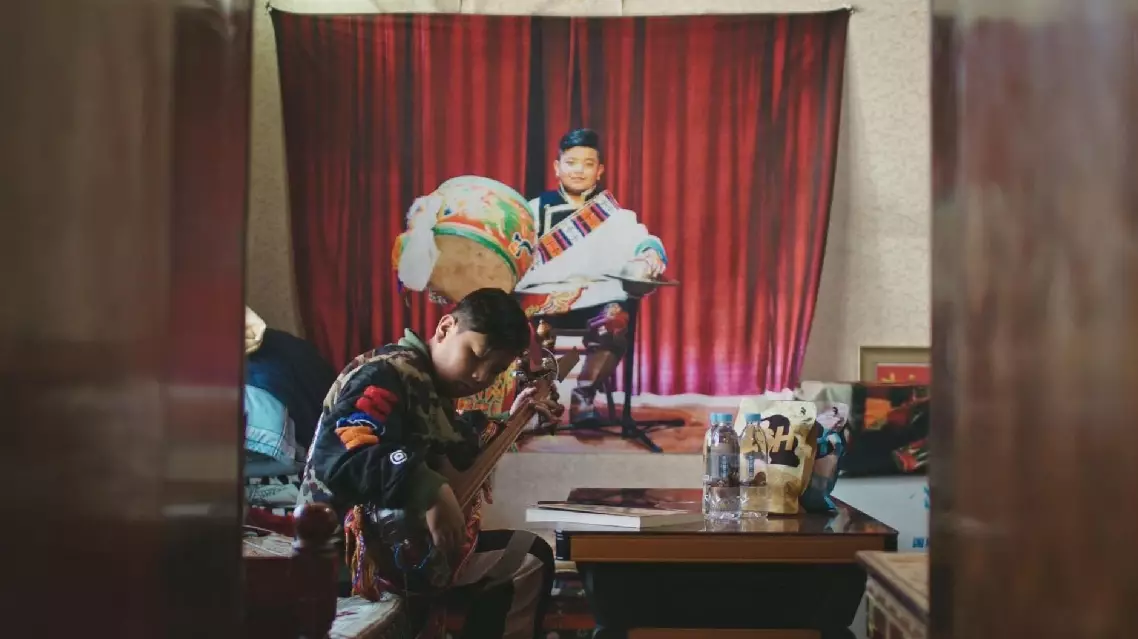China's trade with Caribbean countries remained to expand at a rapid pace in the Jan-July period, with the total trade volume reaching 7.57 billion U.S. dollars, indicating an annual growth rate of 13.3 percent, said China’s ministry of commerce on Monday.
The fast expansion has reflected the tremendous vitality in China-Caribbean trade, said Lin Feng, director general of the American and Oceania Affairs Department of the ministry, at a press conference in Beijing ahead of the upcoming Ministerial Conference of the fourth China-Caribbean Economic and Trade Cooperation Forum.
Briefing media on the last data released by China Customs on the country’s trade with Caribbean countries, Lin highlighted the steady expansion of bilateral trade in recent years. In 2023 alone, the total trade volume reached 11.8 billion U.S. dollars, marking an impressive 10-fold increase over two decades.
Notably from 2018 to 2023, the bilateral trade saw an average annual rate of 10.2 percent, showcasing the resilience and vitality of economic ties between China and the Caribbean region, he added.
At the same time, Chinese enterprises have launched a diverse range of cooperation projects in the region spanning various sectors including agriculture, processing, trade and logistics, making a considerable contribution to bolstering local employment, tax revenues and export earnings, said Lin.
China-Caribbean cooperation under the Belt and Road Initiative (BRI) has also yielded fruitful results, according to Lin.
"China's cooperation with the Caribbean region in the field of infrastructure under the BRI framework has also yielded fruitful results. By end 2023, 10 countries in the Caribbean region signed BRI cooperation documents with China. Chinese enterprises have initiated a batch of landmark projects and ‘small yet beautiful’ projects covering various sectors such as transportation, energy, housing and people’s livelihood, substantially driving local economic development,” said Lin.
Aiming to facilitate bilateral economic and trade cooperation, the Ministerial Conference of the fourth China-Caribbean Economic and Trade Cooperation Forum is set to open in south China's Hainan Province from Thursday to Saturday.

China-Caribbean trade remains rapid annual growth in Jan-July: ministry of commerce
With dramyin lute and cymbals in hand and dressed in colorful traditional costume, 17-year-old Tenzin Norbu is among the proud youngsters in southwest China's Xizang Autonomous Region who have been helping preserve the centuries-old Tibetan opera, a multifaceted representative of Tibetan art and cultural heritage. Considered a living fossil of Tibetan culture, Tibetan opera is a comprehensive art combining folk songs, dance, storytelling, chant, acrobatics and religious performance. It was included on the UNESCO Representative List of the Intangible Cultural Heritage of Humanity in 2009.
Tenzin grew up listening to Tibetan opera along with his grandmother. The beat of the drum marked the rhythm of his childhood and quietly planted the seed of a dream.
The teenager leads a youth Tibetan opera troupe and guides his peers onto the very stage they once only dreamed of. He named it "Phudor Youth Tibetan Opera Troupe", because "Phudor" means "dream" in the Tibetan language.
"There are about 24 members in the troupe," said the teenager.
Tenzin once received a very special invitation to perform Tibetan opera for the opening ceremony of an art festival in Lhasa.
Although both their parents and teachers felt it's important for the children to be exposed to traditional culture from a young age, they didn't want it to affect their schoolwork.
The performance they were getting ready for was the first Sweet Tea House Art Festival, the troupe's very first public appearance. It's a rare opportunity for the children -- one too precious for them to pass up. But with their parents growing anxious about preparation for the performance eating into valuable study time, the children opted to rehearse in secret at weekends. Tenzin's family runs a tailor's shop. His father, who is hearing- and speech-impaired, is a superb tailor, while his mother helps him out by dealing with customers. Tenzin enjoyed Tibetan opera with his grandmother during childhood and later learned more about it from his uncle.
"Whenever I'm not feeling good, I'll take out the dramyin lute and the cymbals. When I hear the drumbeat, I get a feeling of elation that's simply indescribable," he said.
When Tenzin finally stepped onto the stage at the festival, he noticed that his parents were not in the audience. "My parents didn't have time to come to see my performance. But they always support me. They work hard every day, also for my sake. So, I'm happy whether they were here or not as long as I can keep performing Tibetan opera," said the youngster, believing that his passion for Tibetan opera will last a lifetime.

Childhood dream takes local boy onto Tibetan opera stage






















































